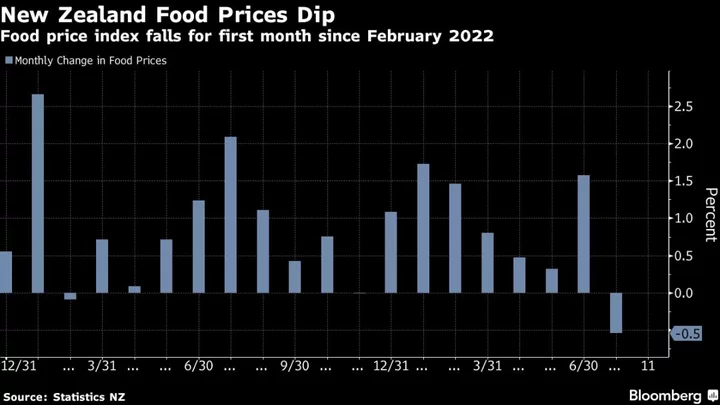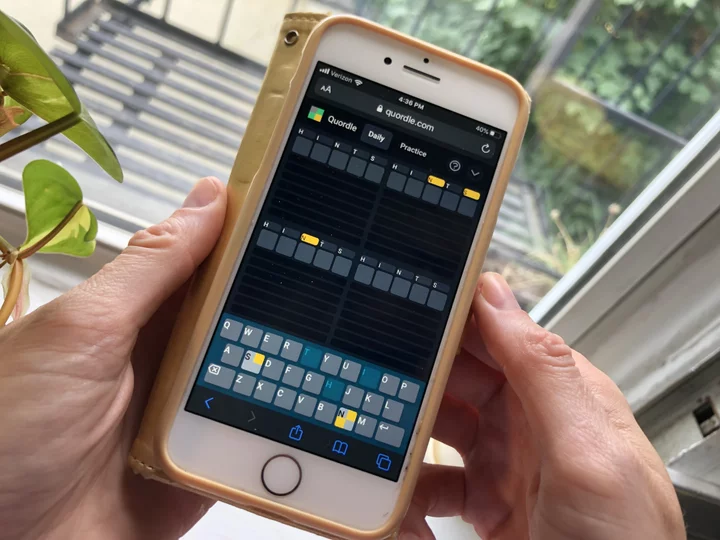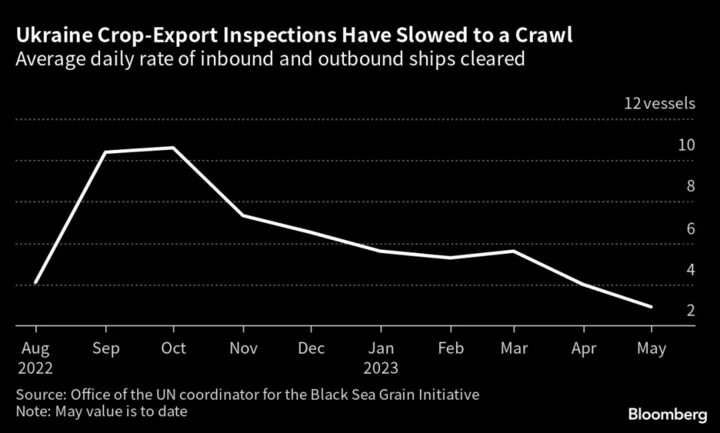New Zealand posted its first monthly decline in food prices since early 2022, adding to signs that inflation pressures are continuing to ease.
The food price index fell 0.5% in July from June, Statistics New Zealand said Friday in Wellington. That’s the first decline since February 2022. Annual food inflation slowed to 9.6% from 12.5%, and is the weakest since September.
New Zealand’s dollar extended declines after the report as investors expect headline inflation will continue to decline, easing pressure on the central bank to raise interest rates further. The Reserve Bank reviews policy next week, and economists expect it to keep the Official Cash Rate unchanged at 5.5%.
The currency bought 60.14 US cents at 11:30 a.m. in Wellington, down from 60.6 cents at the local close Thursday.
Headline inflation slowed to 6% in the second quarter from 6.7% in the first. Economists project the gauge will fall toward 5% by the end of 2023.
The monthly decline in food prices was led by fresh fruit and vegetables, which dropped 4.1% from June, while meat prices also declined. Grocery prices rose 0.2% — including an 8.7% leap in the cost of fresh eggs — while restaurant and ready-to-eat food gained 0.4%.









